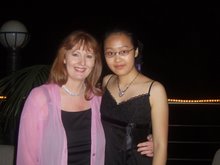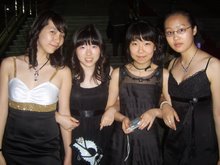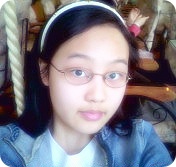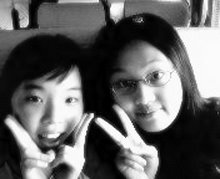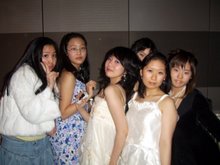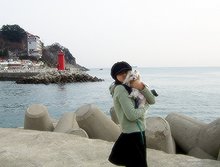
Are there any changes or different thoughts after reading the book? What are they?
-I have learned very much through ‘Animal Farm’. After reading this book, I have decided to be less selfish. If my friend is in trouble, I do worry about her, but I do not worry as much as when I am in trouble. I would like to change that behavior for I do not want to become a person like Napoleon, who only wants more power.
Another different thought I have received reading this book is about humans. I have always thought that without humans, the world would not be balanced. But it is actually the opposite! The humans are making the world unbalanced, and we are the ones who change this world negatively. We shouldn’t be fighting each other for more power, but open our eyes and look out at the world.
-I have learned very much through ‘Animal Farm’. After reading this book, I have decided to be less selfish. If my friend is in trouble, I do worry about her, but I do not worry as much as when I am in trouble. I would like to change that behavior for I do not want to become a person like Napoleon, who only wants more power.
Another different thought I have received reading this book is about humans. I have always thought that without humans, the world would not be balanced. But it is actually the opposite! The humans are making the world unbalanced, and we are the ones who change this world negatively. We shouldn’t be fighting each other for more power, but open our eyes and look out at the world.















